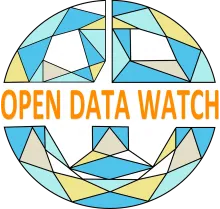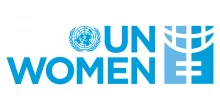There is a growing recognition of the significance of time-use data in reshaping the way prosperity is measured and informing a broad range of public policies, including those required to achieve the Sustainable Development Goals. Time -use data are increasingly acknowledged as a key component for assessing main policy concerns, including quality of life, in particular in the context of accounting for people’s well-being to complement economic performance measures beyond gross domestic product (GDP).
Information gathered through time-use surveys enables analyses of the time spent on all forms of work and becomes essential to implement the resolution concerning statistics on work, employment and labour underutilization, adopted by the 19th International Conference of Labour Statisticians.
In addition, care has been identified as an overarching policy concern on the rise within national policy agendas and time-use measurements are the best way to adequately account for unpaid domestic and care work, and to provide the data necessary for monitoring progress towards the achievement of SDG indicator 5.4.1 and other SDGs goals and targets. However, currently, only 92 countries report data on indicator SDG 5.4.1, on time spent on unpaid domestic and care work, by sex, age, and location.
To address the challenges faced by national statistical offices (NSOs), the United Nations Statistics Division and the Expert Group on Innovative and Effective Ways to Collect Time-Use Statistics, as mandated by the Statistical Commission, have been working towards the modernization of time-use surveys and the operationalization of the International Classification of Activities for Time-Use Statistics (ICATUS 2016). In particular, the Group has focused on the development of light survey solutions, using modern technology, and the update of the UN Guide to Producing Statistics on Time Use as a methodological tool to guide NSOs in their planning, collection, processing, dissemination and utilization of time-use statistics.
The side event aims to take stock of the experiences of national statistical offices in informing policies related to well-being, particularly in the realm of the care economy. In particular, countries will focus on their efforts in generating high-quality, regular, timely, and granular time-use data. Additionally, the event will provide a platform for sharing and discussing the most recent statistical advancements in these domains.


